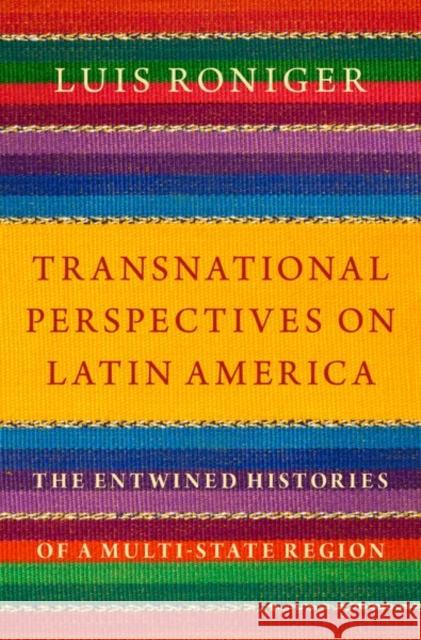Transnational Perspectives on Latin America: The Entwined Histories of a Multi-State Region » książka
topmenu
Transnational Perspectives on Latin America: The Entwined Histories of a Multi-State Region
ISBN-13: 9780197605318 / Angielski / Twarda / 2021 / 336 str.
Transnational Perspectives on Latin America: The Entwined Histories of a Multi-State Region
ISBN-13: 9780197605318 / Angielski / Twarda / 2021 / 336 str.
cena 504,14
(netto: 480,13 VAT: 5%)
Najniższa cena z 30 dni: 273,55
(netto: 480,13 VAT: 5%)
Najniższa cena z 30 dni: 273,55
Termin realizacji zamówienia:
ok. 16-18 dni roboczych
Bez gwarancji dostawy przed świętami
ok. 16-18 dni roboczych
Bez gwarancji dostawy przed świętami
Darmowa dostawa!
Kategorie BISAC:
Wydawca:
Oxford University Press, USA
Język:
Angielski
ISBN-13:
9780197605318
Rok wydania:
2021
Ilość stron:
336
Waga:
0.59 kg
Wymiary:
22.35 x 15.75 x 3.3
Oprawa:
Twarda
Wolumenów:
01
Dodatkowe informacje:
Bibliografia











